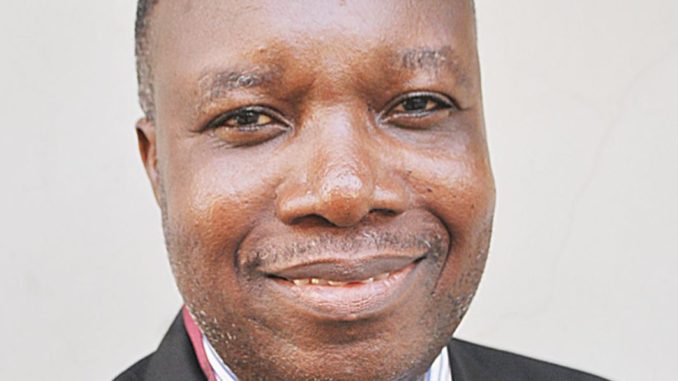
Medical experts have raised hope on the increased chances of childhood cancer survival rate provided that the patient presents early and follow treatment through with the needed support.
A haematologist/oncologist, at the Lagos University Teaching Hospital (LUTH), Prof Edamisan Temiye, who made this known, lamented that late presentation of childhood cancers reduces the cure rate in patients suffering from the ailment in Nigeria.
Temiye, who spoke during an awareness walk to mark the Childhood Cancer Awareness Month, explained that most affected people present late because they ignore the signs of diseases, especially when they don’t feel pain or disturbed.“By the time the cancer starts causing pain, the person is in trouble and cure may not be available any more even when the fellow goes outside the country for treatment.
“Once the cancer is in stages three to four, it becomes a challenge to cure. So, presenting late makes the cure rate to be low in Nigeria.”He also noted that high rate of poverty in Nigeria and non-availability of support care like health insurance makes cancer treatment too expensive and not accessible, thereby reducing the rate of cure.
According to the oncologist, culture and belief system have also massively affected the way Nigerians address cancer, while limiting the rate of cure.“We see people that are diagnosed with some very severe and life-threatening diseases, but religious leaders commonise the ailments, while influencing patients and their families to take them to prayer houses.He continued, “By the time they come back to hospitals, they are gone. These affect treatment outcome in our environment and we need to deal with that.”
Temiye, who advised persons that develop cancers to present early in hospitals and to support treatment, noted that if support systems are made available just like in the advanced countries where treatment of cancers are not paid directly by patients, about 90 per cent of persons with cancers will survive.
On her part, the Founder, Children Living with Cancer Foundation (CLWCF), Dr. Nneka Nwobbi, said there is need for more awareness creation for people to know about the ailment, which can be prevented, adding that the foundation will continue to preach the gospel of cancer prevention yearly, while giving support to families whose children have cancer.
She, however, noted that to drive childhood cancer to the barest minimum requires collaborative efforts of all stakeholders, including the patients, adding: “A child that has cancer does not just have cancer alone; the whole family is affected.”Nwobbi further appealed to well meaning individuals, public and private companies to reach out with support to children that have cancers.
END

Be the first to comment